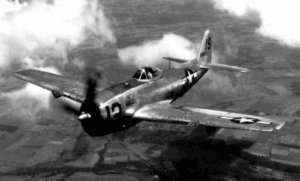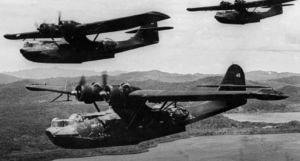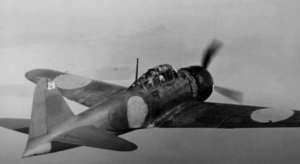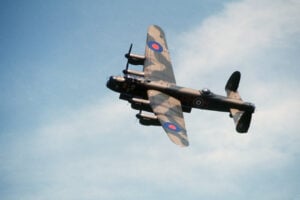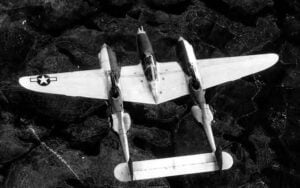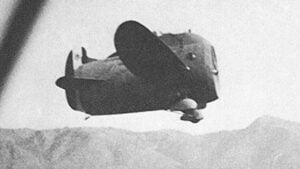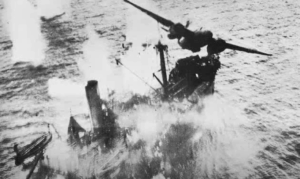The Airplane Found 264 Feet Underground with the Key Still Inside
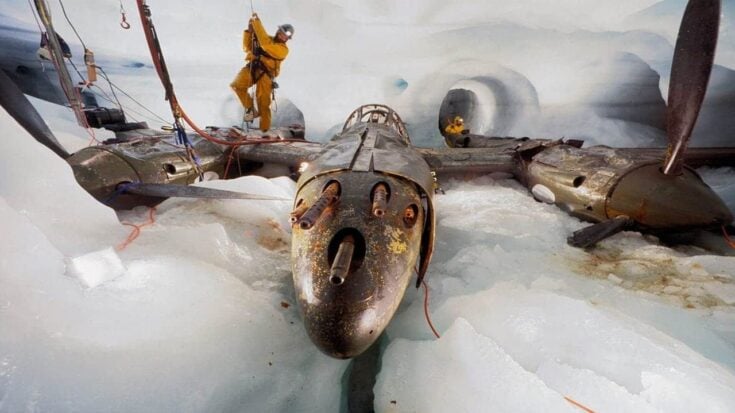
YouTube / Dark Skies
In July 1942, eight American warplanes took off from Maine on a daring journey to Europe. Their mission, part of Operation Bolero, was to ferry P-38 Lightning fighters and B-17 bombers across the icy North Atlantic to join the fight against Germany. The route was treacherous, and the risks were enormous. Before long, the entire squadron vanished somewhere over Greenland.
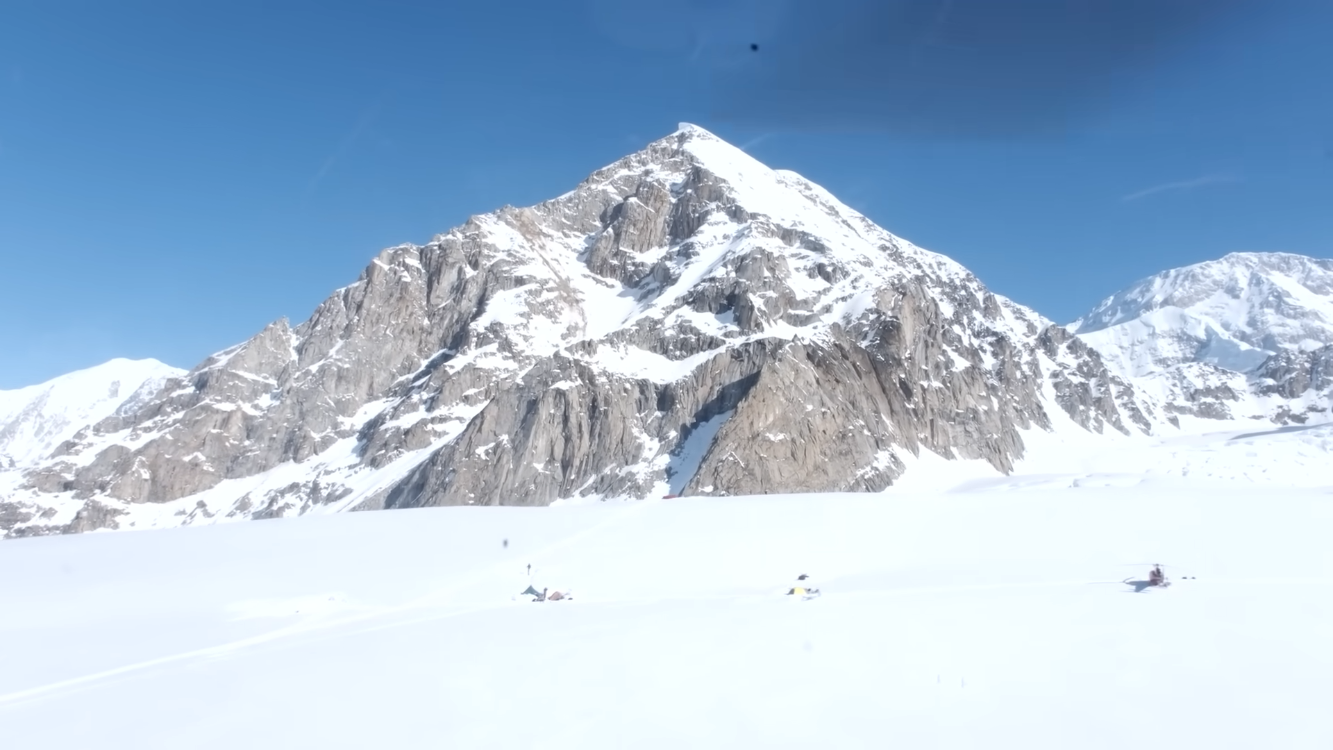
Lost in the Ice
The pilots battled brutal cold, blinding clouds, and icing wings as they tried to navigate through worsening weather. With fuel running out and visibility nearly zero, they turned back toward Greenland. But a mix-up in radioed weather reports sent them in the wrong direction, and soon they were forced to make emergency landings on the vast Greenland ice cap.
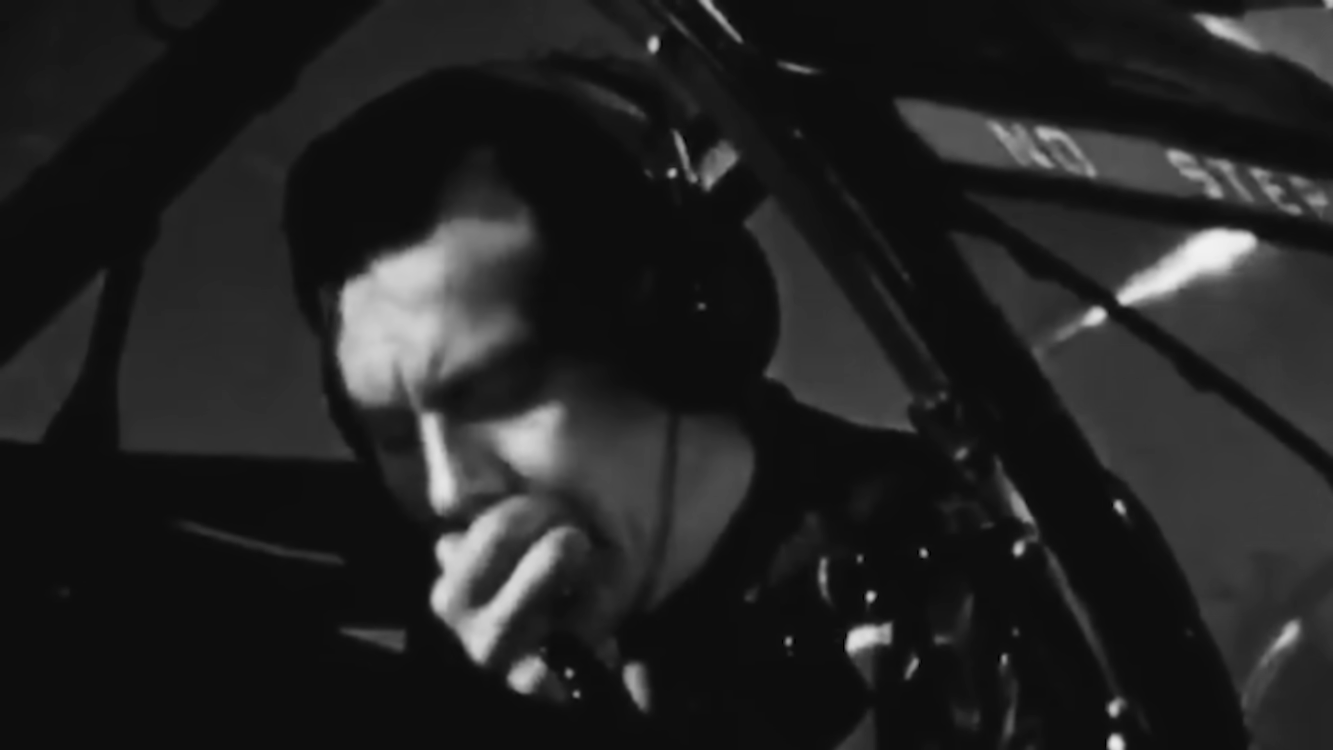
All eight aircraft landed successfully, though several were damaged. Stranded on the frozen wasteland, the 25 airmen used their training and ingenuity to survive. They built makeshift heaters from oxygen tanks and used engine oil as fuel. After days of waiting, rescue teams finally reached them by dogsled. Every man survived, but the planes were left behind, frozen in time.
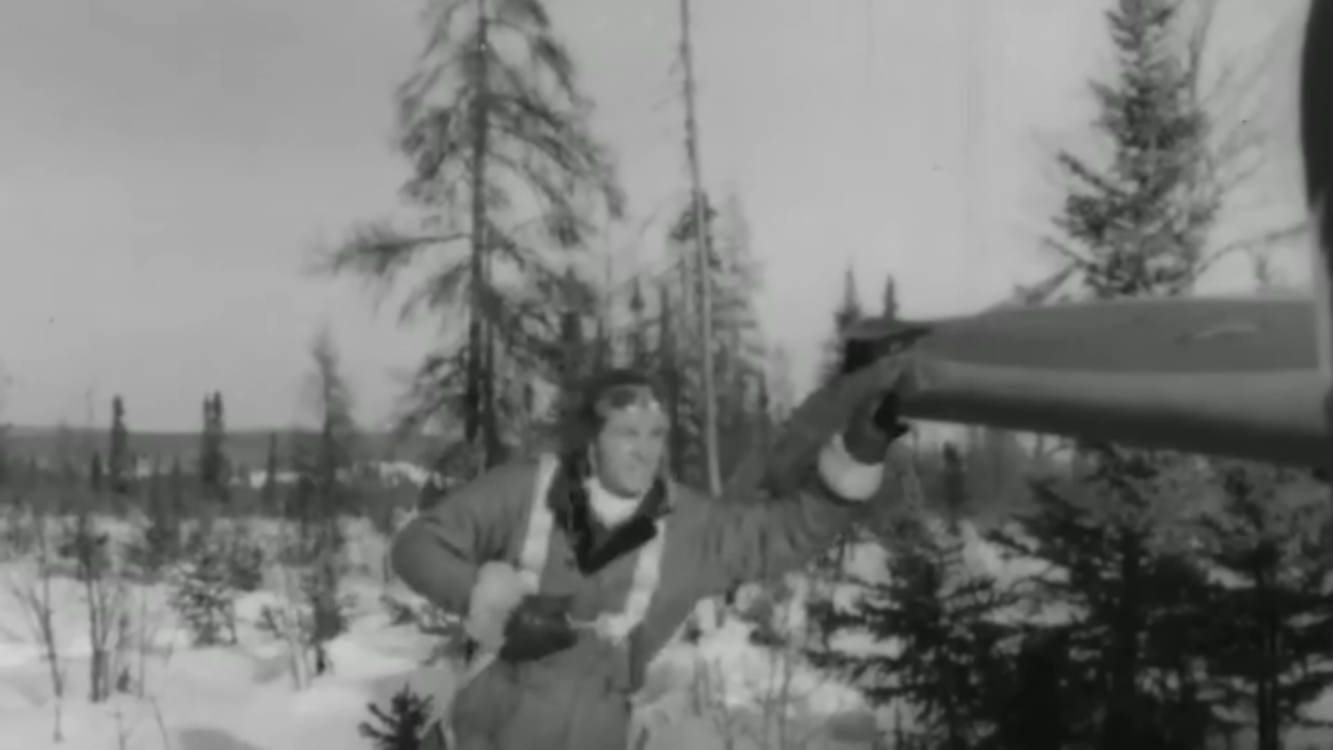
The Lost Squadron
For decades, the squadron lay forgotten beneath layers of accumulating snow. By the 1980s, the aircraft were buried under more than 260 feet of solid ice. That’s when two adventurers, Pat Epps and Richard Taylor, decided to find them. Using radar and steam probes, they finally located the squadron in 1992. What they found stunned them: the planes were still there, perfectly preserved deep under the glacier.
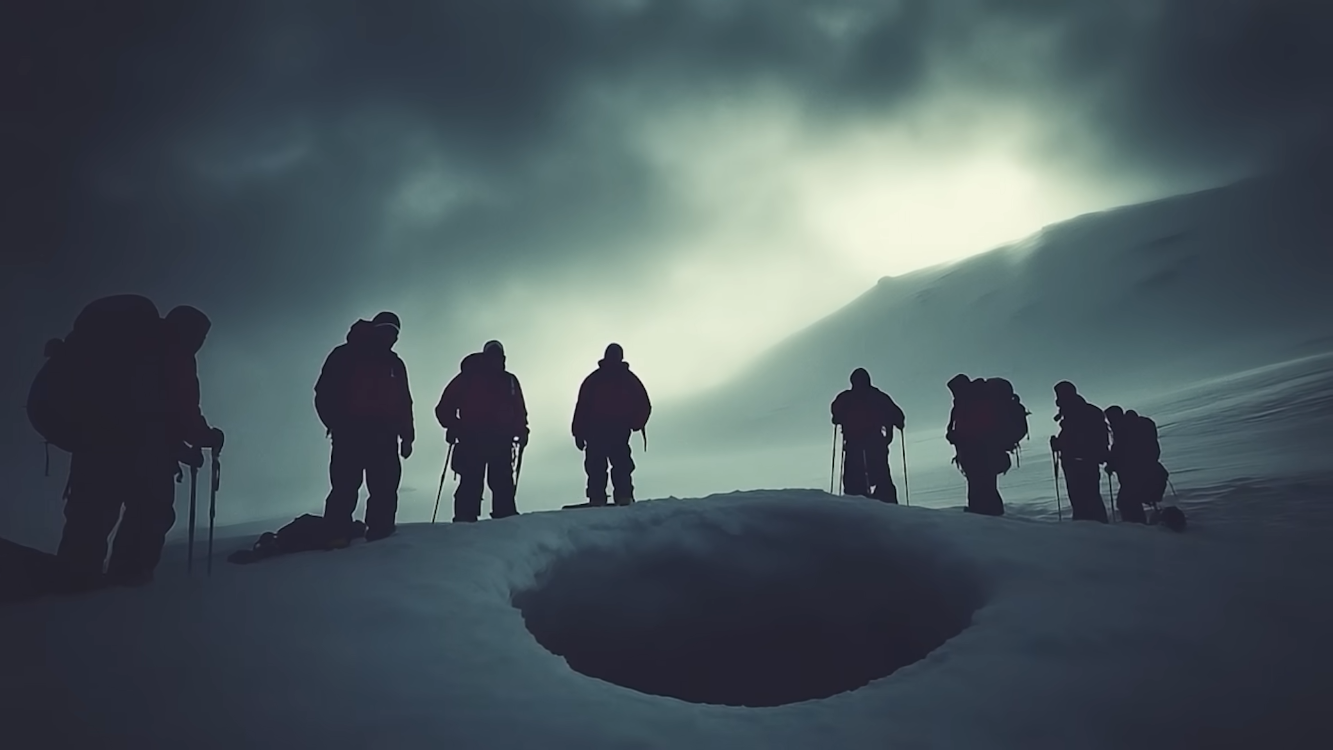
One aircraft, a P-38 flown by Lieutenant Harry Smith, became their target. The team melted a narrow shaft straight down through the ice and found the fighter almost intact. Inside the cockpit, the key Harry Smith had tossed there before leaving was still in place — untouched for fifty years.
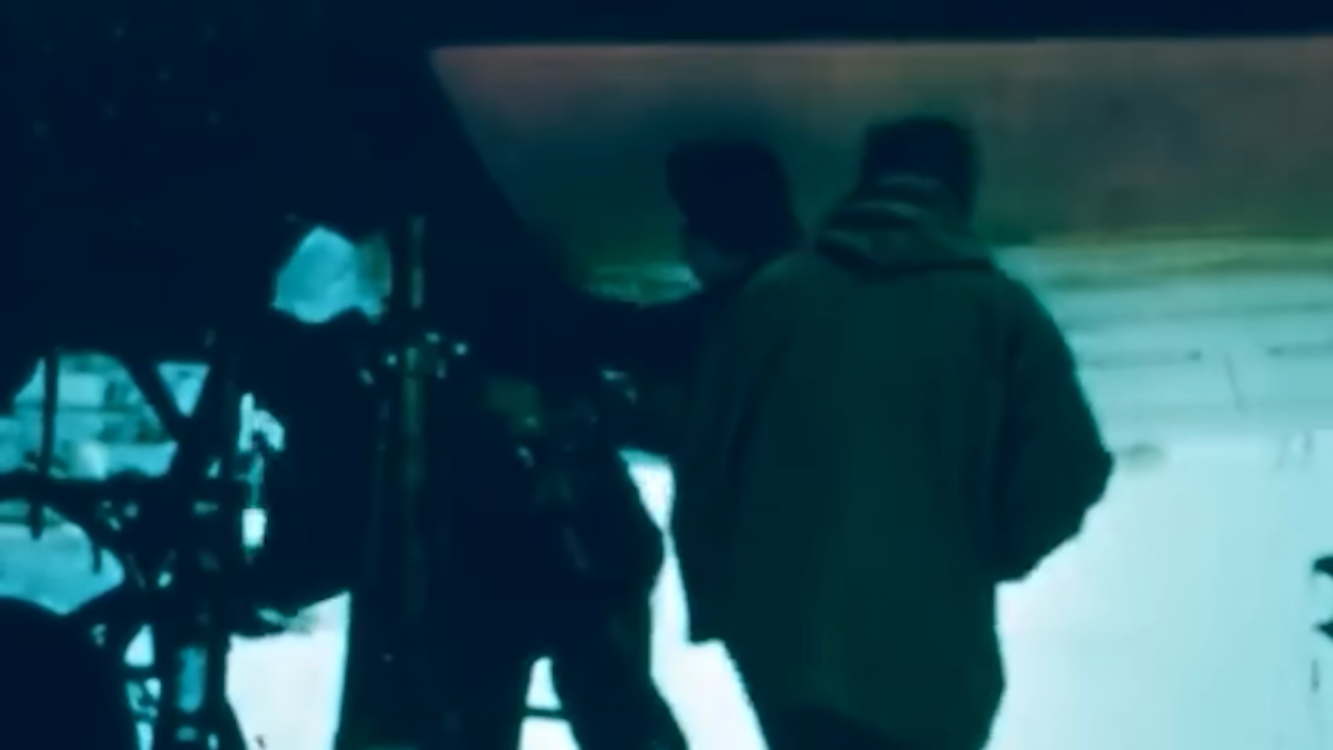
Glacier Girl Rises Again
Piece by piece, the P-38 was carefully disassembled underground and brought to the surface. The recovered aircraft, named Glacier Girl, was shipped to Kentucky for restoration. Over the next ten years, mechanics and volunteers painstakingly rebuilt it from the crushed remains. By 2002, after a decade of work and $4 million spent, Glacier Girl flew again — sixty years after being lost in the ice.
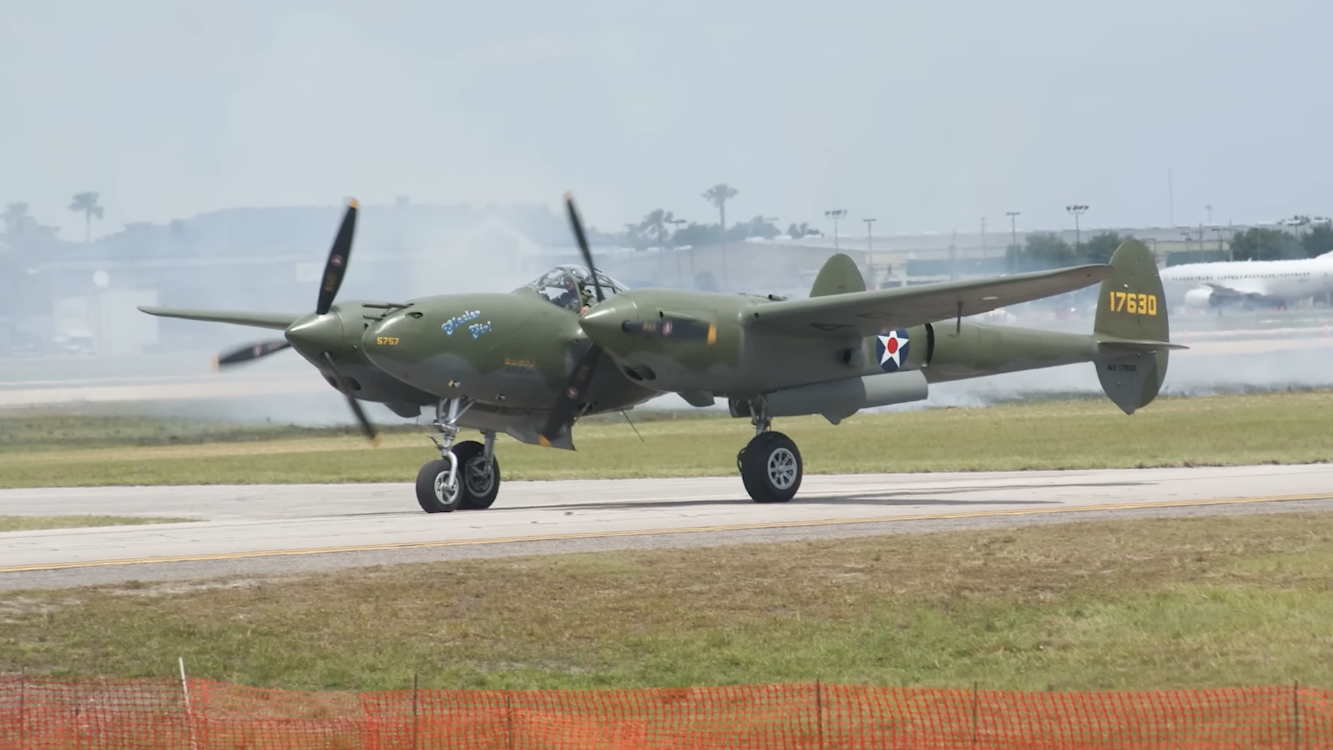
The P-38 that once lay buried 264 feet beneath the Greenland ice cap is now one of the most famous restored warbirds in the world, a living reminder of courage, survival, and the determination to bring history back to life.














